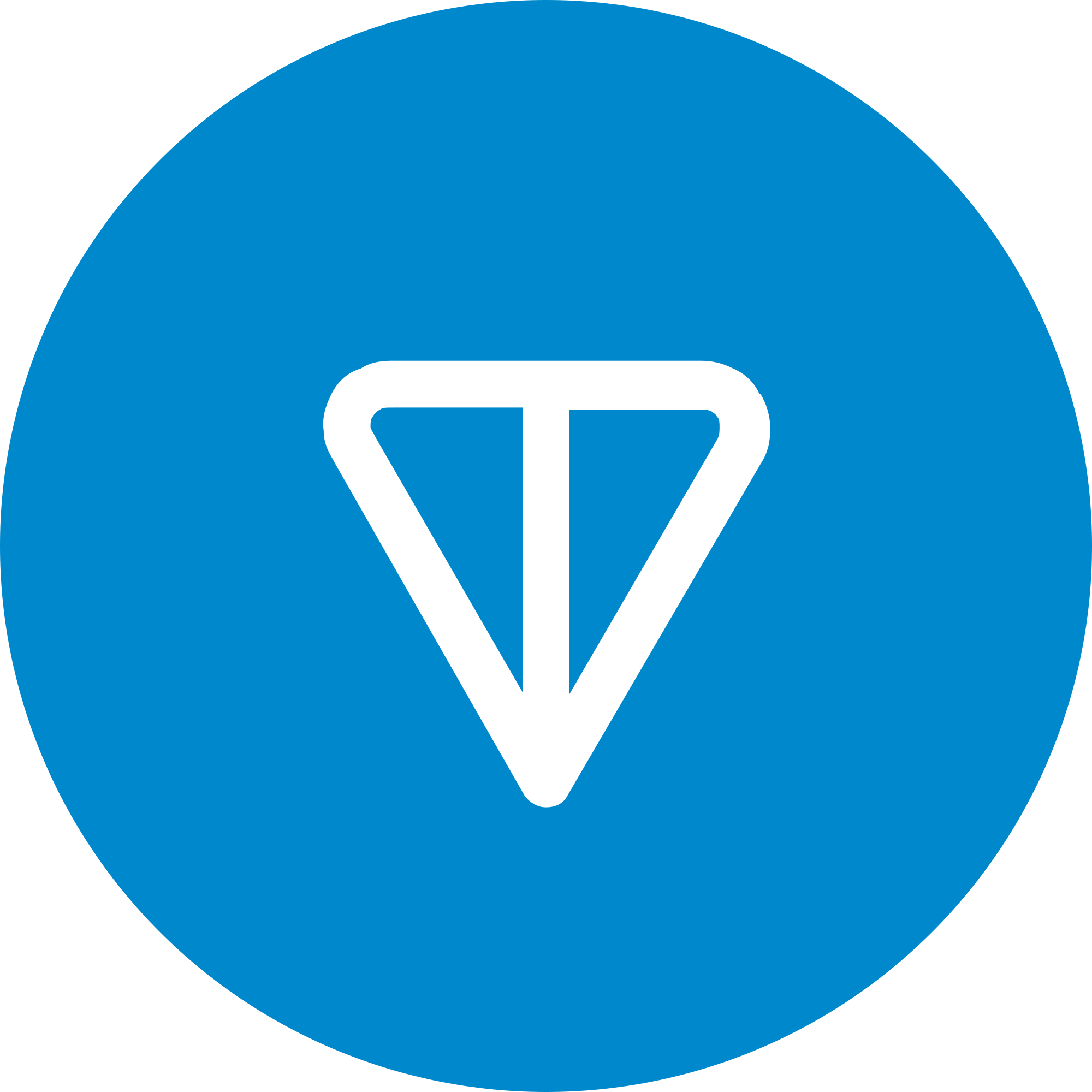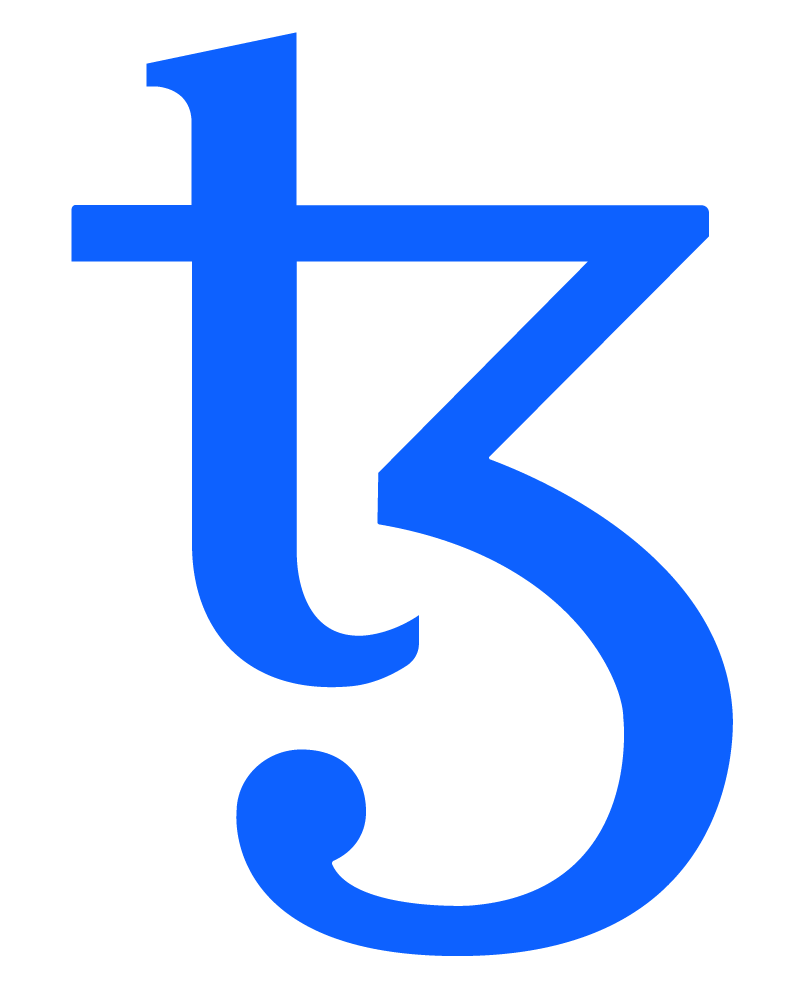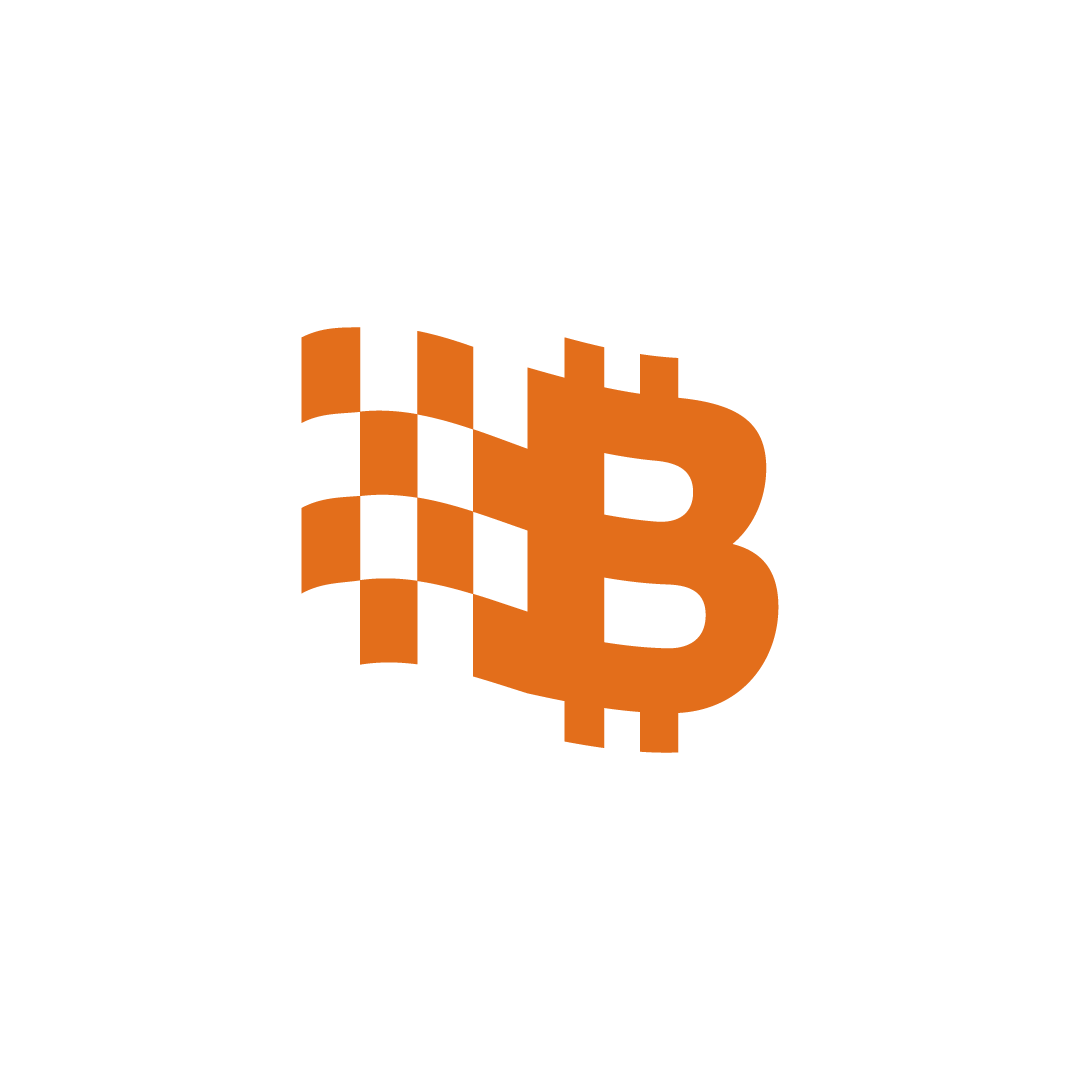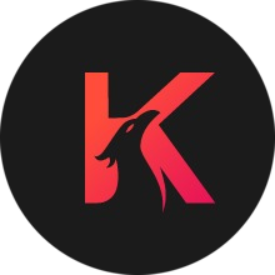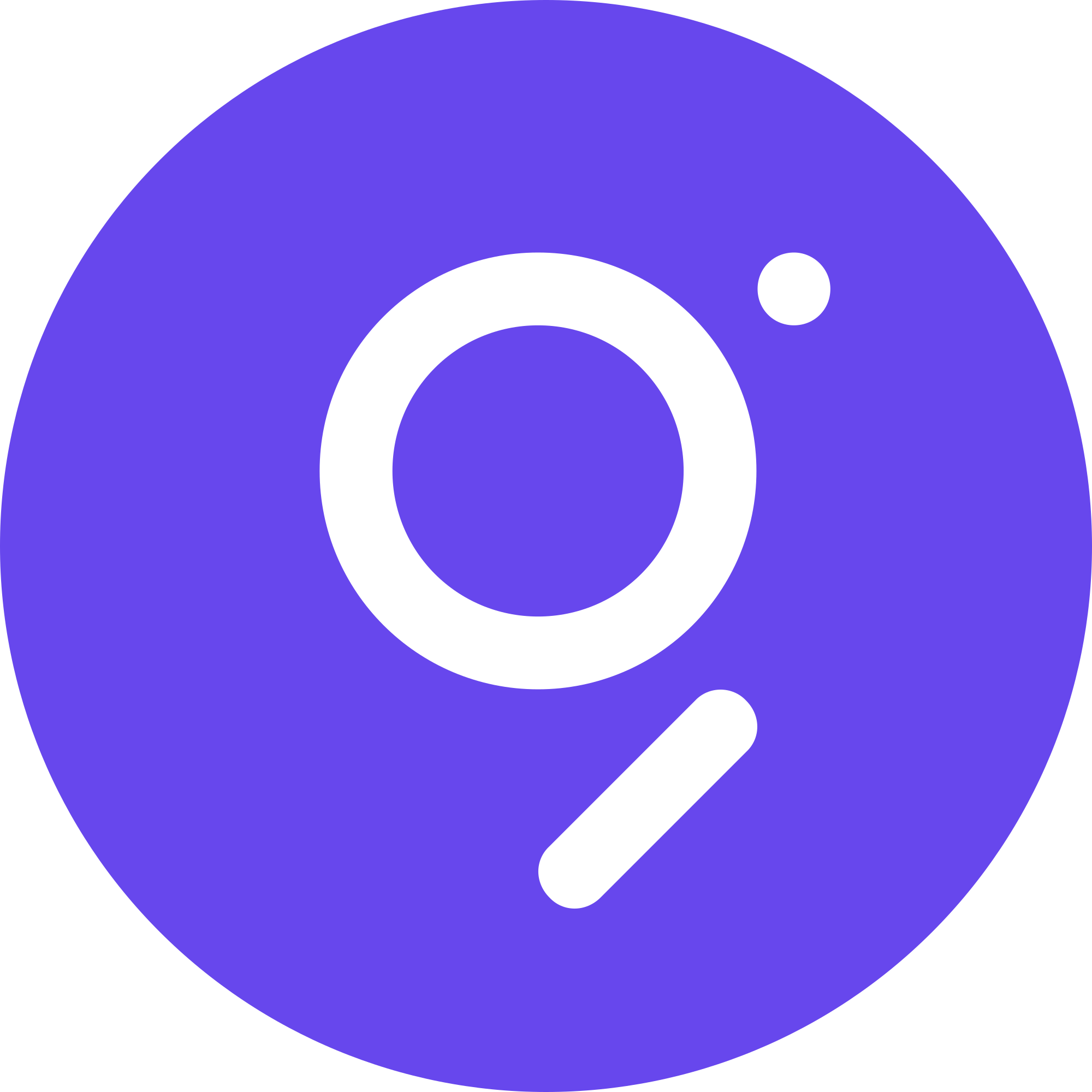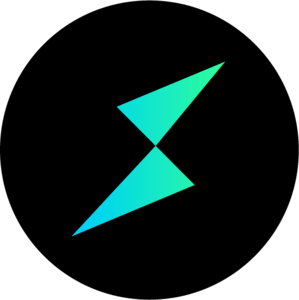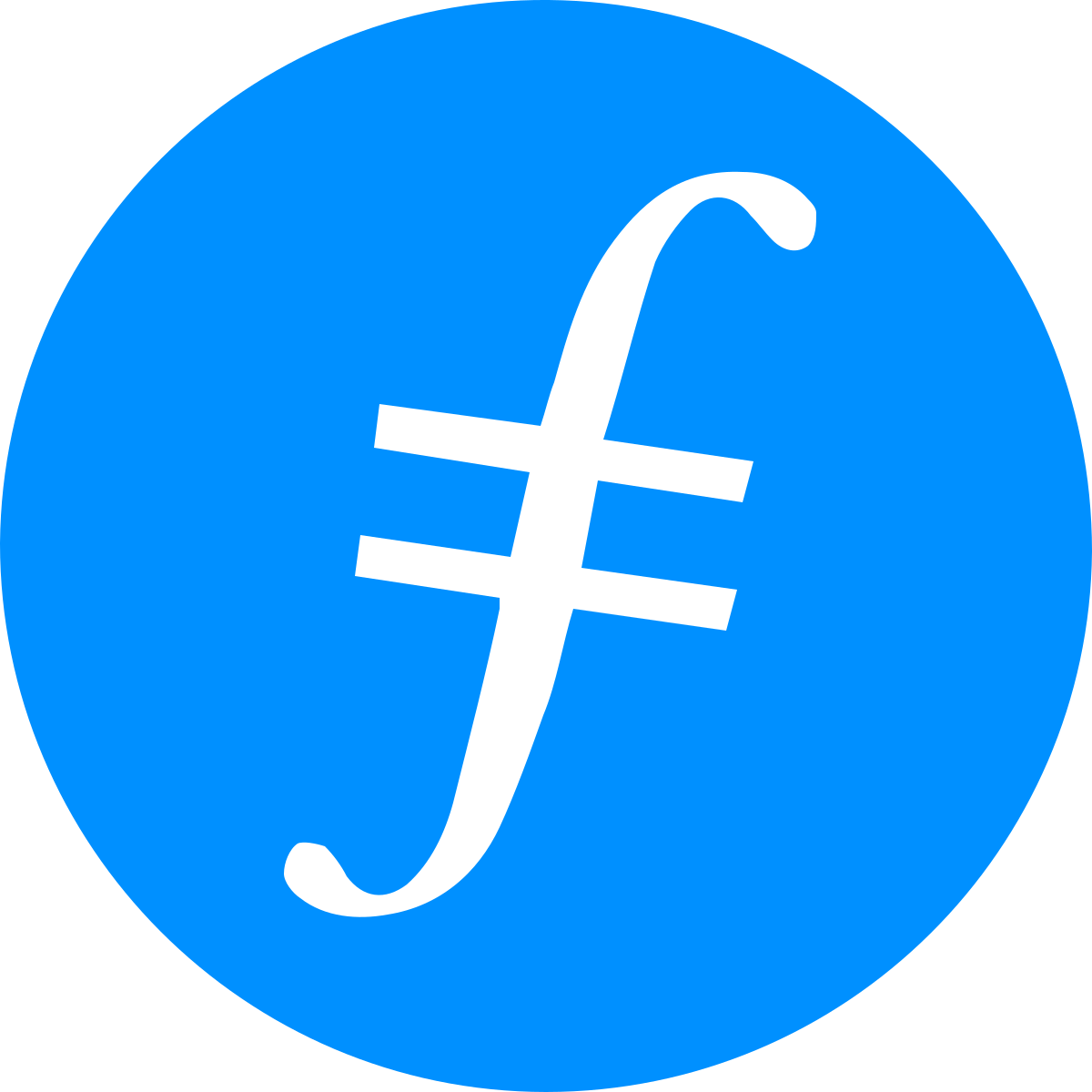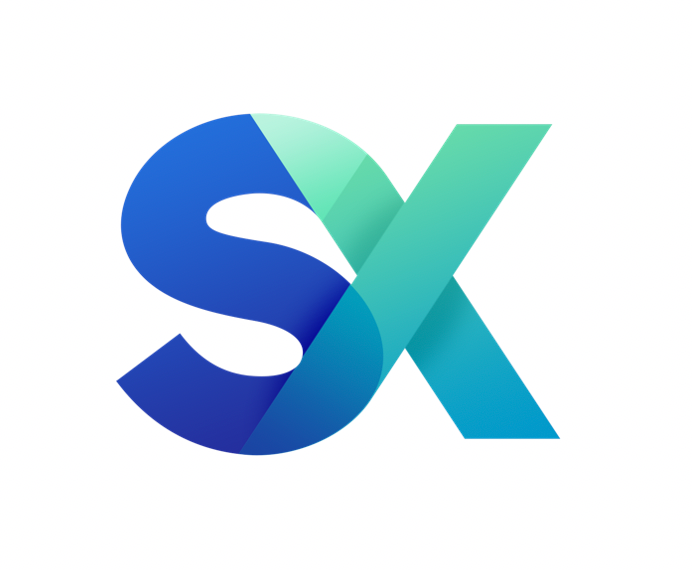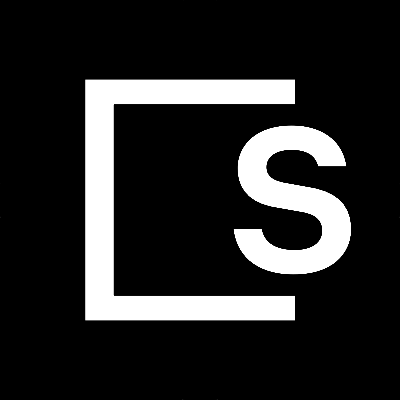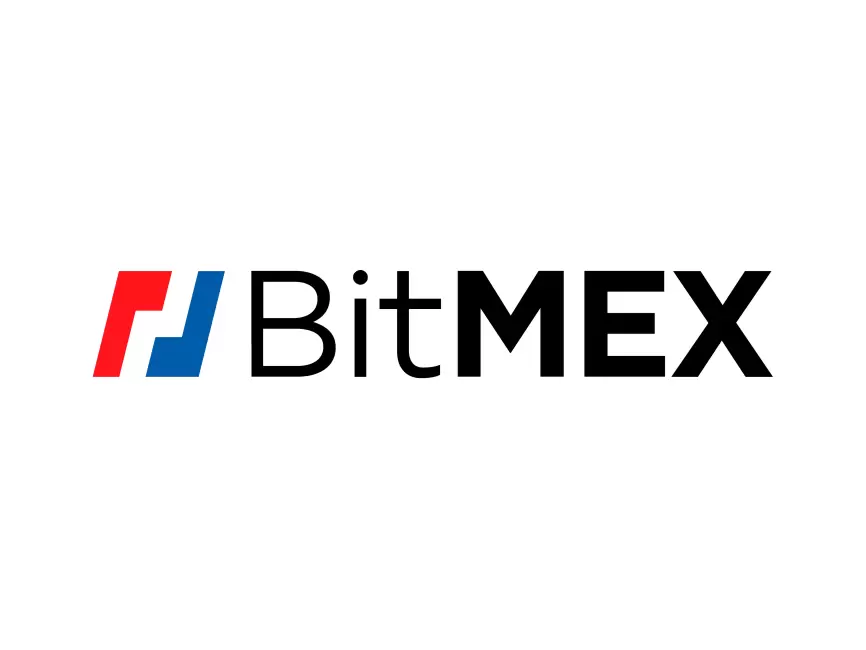
KuCoin
A comprehensive set of SDKs for integrating with KuCoin's spot, futures, and broker trading APIs across multiple programming languages.
Overview
KuCoin Universal SDK is a collection of officially supported software development kits designed to facilitate seamless integration with KuCoin's cryptocurrency exchange platform. It supports spot trading, futures trading, and broker services, enabling developers to build trading applications, bots, or analytics tools that interact directly with KuCoin's APIs. The SDKs cover multiple popular programming languages including Python, Golang, Node.js, PHP, Java, and Postman collections, catering to a wide range of developer preferences and environments.
The SDKs unify access to KuCoin's trading features, providing consistent interfaces for order management, market data retrieval, account information, and broker operations. This reduces the complexity of handling raw API calls and helps developers focus on building their applications. KuCoin maintains these SDKs actively, encouraging migration from legacy SDKs that were limited to spot or futures trading only. The universal SDKs combine all trading types in one package with improved performance and support.
Developers can get started by selecting the SDK matching their preferred language from KuCoin's GitHub repository, where detailed documentation and usage examples are provided. The SDKs require API key credentials from KuCoin accounts for authenticated operations. KuCoin's official documentation offers comprehensive guides on authentication, rate limits, and endpoint usage. This makes the Universal SDKs suitable for building trading bots, portfolio trackers, or broker platforms that leverage KuCoin's liquidity and market features.
The Problem
Developers integrating with KuCoin's exchange face challenges managing multiple APIs for spot, futures, and broker trading. Legacy SDKs were fragmented by trading type and language, complicating development and maintenance. Handling raw API calls also increases the risk of errors and slows down development.
The Solution
Key Features
Comprehensive API coverage
Supports order management, market data, account info, and broker operations.
KuCoin Alternatives
Explore web3 competitors and apps like KuCoin.

Robinhood
Pricing
Free | |
|---|---|
| Price (Monthly) | Free |
| Price (Annual) | Free |
| Messaging | N/A |
| Support | Community support via GitHub |
| Analytics |
Start Building Now
Reliable RPC, powerful APIs, and zero hassle.
Resources
KuCoin provides extensive resources including SDK repositories for multiple languages, detailed API documentation, and community support channels to help developers integrate and build on their platform.




